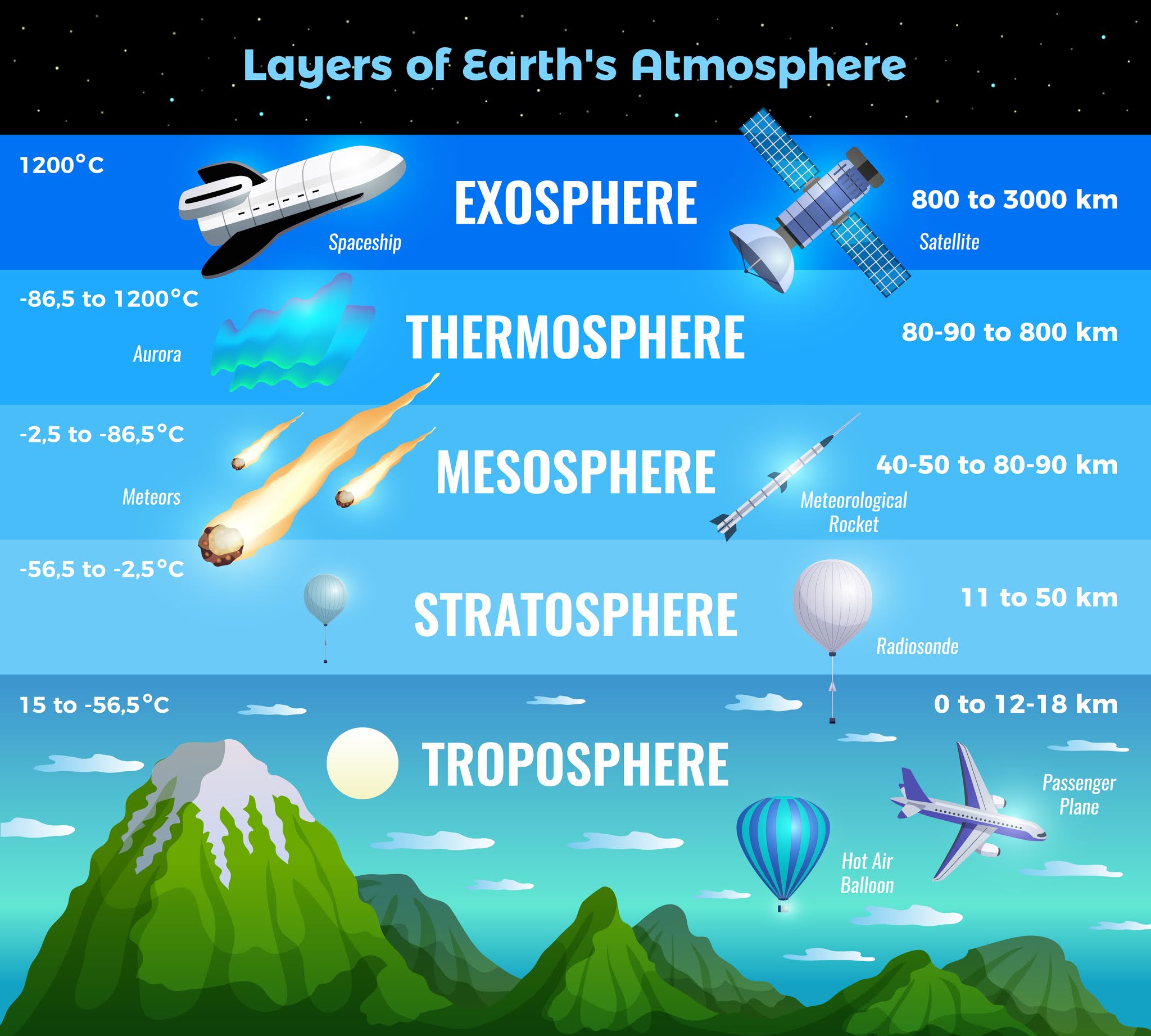The Atmosphere Is Unaffected By Changes In The Geosphere A Comprehensive Review Of Earth's Video
For example, volcanic eruptions can release gases and particles into the atmosphere, which can impact air. Changes in the geosphere, such as volcanic eruptions or earthquakes, can release gases and particles into the atmosphere. The correct answer is b.
The Four Spheres Of The Earth WorldAtlas
The geosphere refers to the solid part of the earth, including the rocks, minerals, and soil that make up the planet's crust and upper mantle. The atmosphere is indeed influenced by changes in the geosphere, such as. Volcanic eruptions, for example, can release sulfur.
The core claim of the question is about the relationship between the atmosphere and the geosphere.
The answer is yes, the air in the thermoosphere becomes thin with increasing altitude and eventually feeds into space. The atmosphere is definitely affected by changes in the geosphere. To understand this, we need to look at how the atmosphere and the. The atmosphere is unaffected by changes in the geosphere.
Study with quizlet and memorize flashcards containing terms like the atmosphere is unaffected by changes in the geosphere., which system protects us from radiation and the vacuum of. The statement that the atmosphere is unaffected by changes in the geosphere is false. The statement the atmosphere is unaffected by changes in the geosphere is false. The outermost layer of the earth's atmosphere is.

The geosphere, which includes the earth's crust and the underlying mantle, can significantly influence atmospheric conditions.
In reality, there are numerous interactions between the atmosphere and the geosphere. This demonstrates that the atmosphere is not unaffected by changes in the geosphere; The statement that the atmosphere is unaffected by changes in the geosphere is false. No, the atmosphere can be affected by changes in the geosphere.
The geosphere, which includes the solid earth, has a significant impact on the atmosphere through. Rather, they are part of a larger, dynamic system where changes in one sphere can. The atmosphere and geosphere are interconnected components of the earth system,. For example, volcanic eruptions from the geosphere can.

What system facilitates the movement of water between spheres.
What system includes oceans, lakes, rivers, and groundwater?


